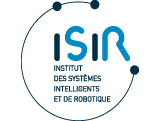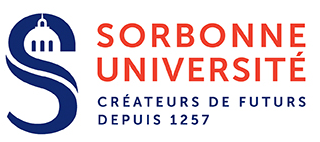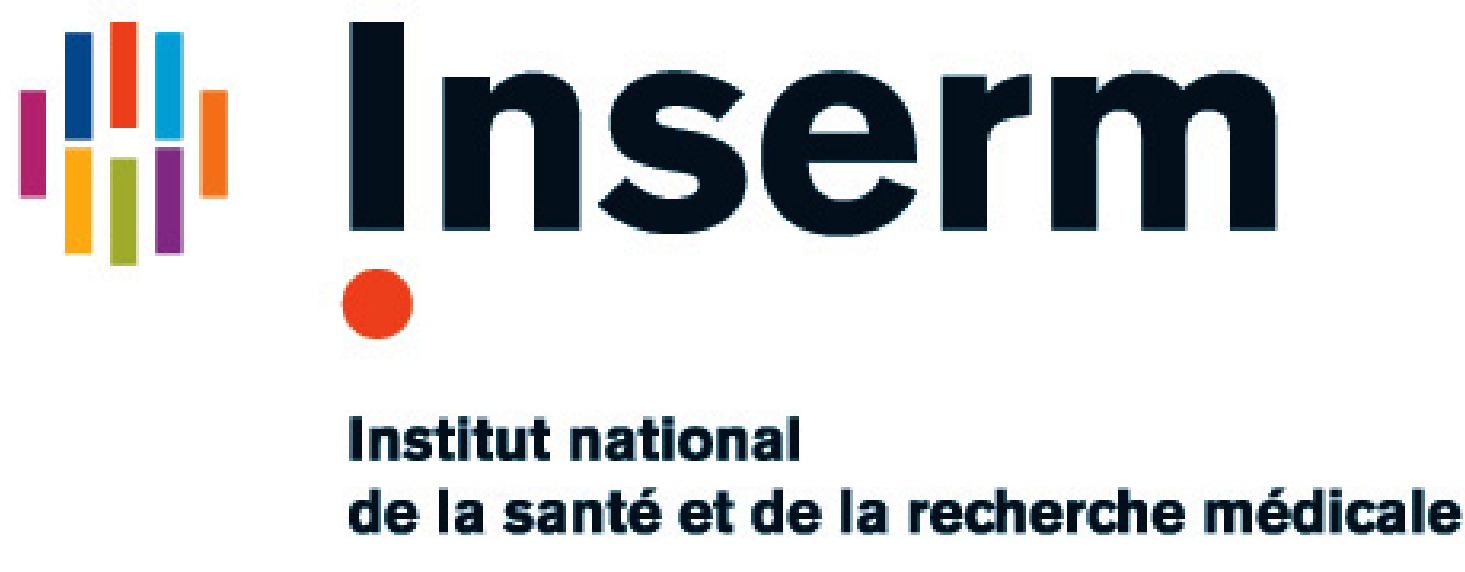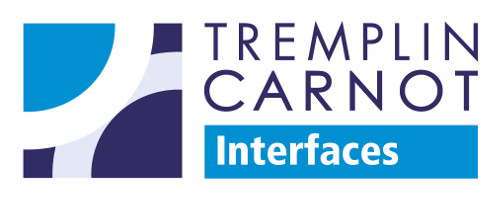A voir également
Short bio
Title : PhD Student
No longer in the unit
Cursus
2011-....: ATER at the Université Pierre et Marie Curie (Computer sciences, ISIR lab)
2008-2011: PhD in computer sciences at the ISIR lab of the Université Pierre et Marie Curie
- Under the supervision of Stéphane Doncieux and Jean-Baptiste Mouret (SIMA Team)
- Title: "The transferability approach: an answer to the problems of reality gap, generalisation and adaptation"
- Defended the November 30th 2011. Jury:
- Josh Bongard, University of Vermont, Examinateur
- Raja Chatila, ISIR/UPMC, Examinateur
- Stéphane Doncieux, ISIR/UPMC, Supervisor
- Jean-Baptiste Mouret, ISIR/UPMC, Co-supervisor
- Pierre-Yves Oudeyer, INRIA Bordeaux Sud-Ouest, Rapporteur
- Marc Schoenauer, INRIA Saclay Île-de-France, Rapporteur
2008-2011: Teaching fellow at the Université Pierre et Marie Curie
2007-2008: Master of Science in Informatics (Artificial Intelligence and Decision cursus) at the Université Pierre et Marie Curie de Paris
2003-2008: Diplôme d'ingénieur at the INSA de Lyon (Institut des Sciences Appliquées)
Research Interests
- Evolutionary Robotics - Evolutionary/Coevolutionary Algorithms
- Transfer from simulation to reality - Reality Gap problem
- Multiobjective optimization
- Coevolution of models and tests - Pareto-coevolution
Work in progress
The reality gap problem is a pivotal point in robotics and it can occur each time that one wants to optimize some elements (controllers, morphologies, ...) in simulation before transferring the optimal solution onto the physical robot: the optimal solutions in simulation often achieve significantly lower performances on the robot.
My work aims at developing a general approach to help crossing the reality gap, notably in Evolutionary Robotics. Based on the hypothesis of an antagonism between efficiency in simulation and transferability from simulation to reality, the Transferability approach optimizes the potential solutions depending on two main objectives in a multiobjective way: 1) the fitness or performance in simulation; 2) the transferability from simulation to reality (for more details, see [2010ACTI1527] and video below) .
This approach has been successfully applied to two robotic tasks:
- a walking task with a quadrupedal robot made from Bioloid Kit, whose geometry and degrees of freedom are inspired from the wheeled-legged robot Hylos (published results, see [2010ACTI1527] and video 1).
- a navigation task in a T-maze with a mobile e-puck robot (see video 2).
Vidéos
1 - Transferability approach applied to a quadrupedal robot for a walking task (url).
2 - Transferability approach applied to an e-puck mobile robot for a navigation task in a T-maze (url).
Publications
Teaching - Department of Engineering - UPMC
2008-2009 (95h) :
- TME - LI102 - Imperative programming and basics of algorithmic (VBA, 16h)
- TME - LI114 - Initiation to informatics for scientists (Maple, 47h)
- TME - LI214 - Discrete structures (Mathematical logic and finite automata, 11h)
- TME - LI231 - Informatics for scientific computing (Scilab, 21h)
2009-2010 (96h) :
- TME (x1) - LI102 - Imperative programmingand basics of algorithmic (VBA, 21h)
- TME (x2) - LI114 - Initiation to Informatics for scientists (Maple, 42h)
- TME (x1) - LI214 - Discrete structures (Mathematical logic and finite automata, 12h)
- TME (x1) - LI224 - Matrix programming : principles and applications (Scilab, 21h)
2010-2011 (87h) :
- TME (x1) - LE349 - Simulation and advanced programming using Octave (24h)
- TME (x1) - LI215 - Imperative programming and data structures in C (21h)
- TME (x1) - LI224 - Matrix programming : principles and applications (Scilab, 21h)
- TME (x1) - LIM10 - Practice of mathematics and symbolic computation (Maple, 21h)
En 2011-2012 :
- TD (x1) - LI215 - Imperative programming and data structures in C (41h)
- TD (x1) - LI101 - Recursive programming (Scheme, 40h)
- TP (x1) - MSY05 (Master 1 SDI) - Advanced numerical methods and object-oriented programming in Java (24h)






